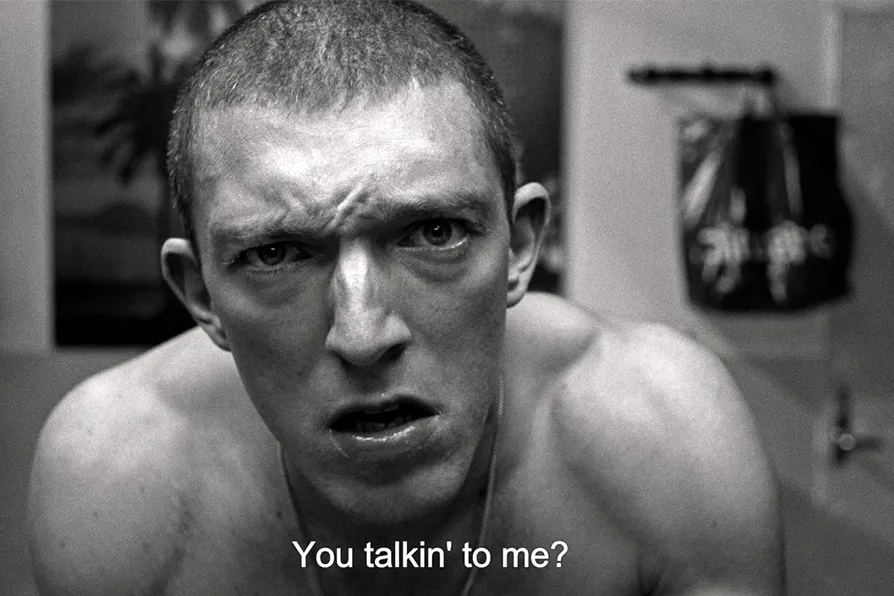MARIA DUARTE and ANGUS REID review Materialists, Unmoored, Together, and Bambi: A Tale of Life in The Woods
Error message
An error occurred while searching, try again later.KEVIN DONELLY recommends the re-release of Mathieu Kassovitz’s La Haine, improved by a new soundtrack by Asian Dub Foundation

 Vincent Cassel in La Haine (1995) [Pic: IMDb]
Vincent Cassel in La Haine (1995) [Pic: IMDb]
A CLASSIC of French cinema, La Haine (The Hate) celebrated its 30th anniversary this year with a performance in Bradford as part of its stint as city of culture. I say ”performance” as the film was shown accompanied by live music from Asian Dub Foundation (ADF), still one of the most politically committed groups on the music scene today.
Directed by Mathieu Kassovitz, the film follows a day in the life of three male characters from different migrant backgrounds as they navigate living in the ”banlieues” (suburbs), effectively migrant/working class ghettoes on the peripheries of the big cities.
Along the way, they encounter the effects of systematic racism and social exclusion; trapping black and white, migrant and cop in a vicious cycle in which ”la haine attire la haine” (hatred breeds hatred). It’s a grim scenario, sometimes leavened with humour, but which ultimately leads to tragedy.
If there are any criticisms of the film to be made it is firstly that there are no central female roles and secondly, that the relationship between the characters downplays the tensions that exist between the diverse communities which make up these urban spaces.
Notwithstanding this, the film presents a raw and vivid portrait of working class, post-migrant life, as relevant today as when first released in 1995; even more so with the rise of the Far Right, which seeks to capitalise on the perceived ”lawlessness” in these areas.
Also, there are the urban planning policies which continue to benefit the rich at the expense of the poor, accelerating gentrification, while at the same time increasing ghettoisation and creating ”banlieues” across Europe.
Importantly, the film begs the question of how to move beyond ”la haine,” breaking the cycle of senseless violence in order to build solidarity networks within diverse migrant and working-class communities; spatialising political struggle on the urban margins.
The movie was also one of a series of films made as part of the ”Beur” movement. ”Beur” is French argot for an Arab, or anything Arabic; the (sometimes derogatory) term for someone born in France but with migrant parentage, specifically the Maghreb.
Film-makers and other artists associated with this movement sought to portray the realities of the post-migrant experience, providing a social commentary which brought these issues into the political mainstream.
ADF’s involvement came about through a chance meeting with the director in London. As guitarist Chandrasonic explained, the idea was to ”reinterpret, reimagine the film.”
Their input certainly alters the dynamics but without detracting from the action on the screen; instead, they introduce a change of pace and create a sense of urgency lacking in the original soundtrack. For me, it captures Eisenstein’s view of music in film as contributing to a ”complete audio-visual counterpoint.”
It’s an exemplary experience; both timeless and unforgettable.
La Haine, complete with ADF’s soundtrack, is available on blu-ray










